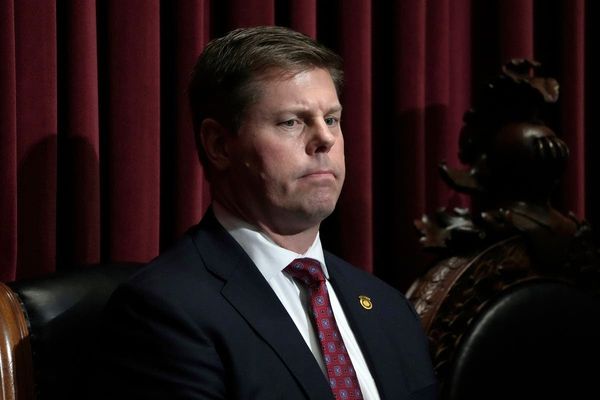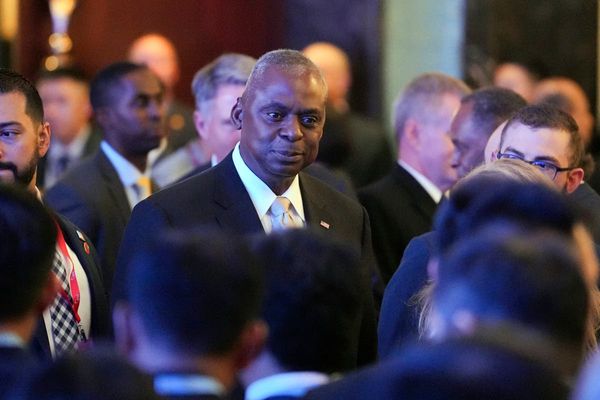
John Boyne’s latest novel is a sequel of sorts to 2006’s The Boy in the Striped Pyjamas, perhaps his best known work. Written for children, it was essentially a fable, about Bruno, the young son of an Auschwitz commander, who makes friends with Shmuel, a Jewish boy, through the fence that surrounds the camp. Although the book has been accused of spreading misinformation about the Holocaust, it remains an involving account of humanity amid horror.
Boyne explains that he began making notes for All the Broken Places as soon as he’d finished writing its predecessor. Its major themes are guilt, complicity and the apparently inescapable cycles of grief arising from world-shaking events. It is gripping, well honed and very much aimed at adults.
Gretel, Bruno’s grieving, guilt-ridden sister, is the narrator. The reader gradually pieces together her story as the narrative switches confidently from present-day Mayfair, where for decades she has been living in a comfortable flat, to her peripatetic past. As she tries to escape the chaos of the end of the second world war, she grapples with her memories of Auschwitz, her parents and her own part in her brother’s death. These are vividly detailed, with a sense of revenge and retribution always lurking around the corner.
Gretel’s smart, engaging and uncompromising voice draws the reader in deftly – at the beginning she feels like a cosy crime heroine, or the deliciously spiky narrator found in Zoë Heller’s Notes on a Scandal. She spies on her wealthy new neighbours: a film producer, his wife and their small son, Henry. But it doesn’t stay cosy for long. Gretel and the film producer are both hiding very dark secrets indeed. The two circle each other warily, as Gretel considers how much she is prepared to do to save someone’s life without compromising her own safety.
There are few functioning families within the novel: everyone is affected by the reach of war, its tendrils stretching across the planet and through time. Warped parent/child relationships range from the apparently trivial (Gretel’s greedy son wants her to sell her luxurious flat) to the truly monstrous. Gretel’s mother, we learn, remained a true believer in nazism until the end. In the present-day plot strand, the film producer’s abuse of his family threatens to erupt into tragedy. Henry is a ghost-like figure, reminding Gretel both of her dead brother and of her failures as a mother.
The novel is consummately constructed, humming with tension until past and present collide. There are moments of shocking violence, such as in postwar Paris, where residents’ hatred of Nazis explodes. Boyne also explores the deeply personal aspects of the war’s aftermath. In Australia, where Gretel flees in order to be as far away from Europe as possible, an idyll is shattered by a revenant; having retreated to London, she falls in love with a Jew who has lost relatives in the concentration camps, and has no idea of her background. These moments of tender, fractured personal interactions are as devastating as the blood and gore.
Gretel’s final act is worthy of a tragic heroine: elements of purgation are involved, as she confronts her own and others’ evil. The book forces us to consider the nature of atonement, and whether violence can ever justify the prevention of something even worse. All the Broken Places is a defence of literature’s need to shine a light on the darkest aspects of human nature; and it does so with a novelist’s skill, precision and power.
• All the Broken Places by John Boyne is published by Doubleday (£20). To support the Guardian and Observer, order your copy at guardianbookshop.com. Delivery charges may apply.







